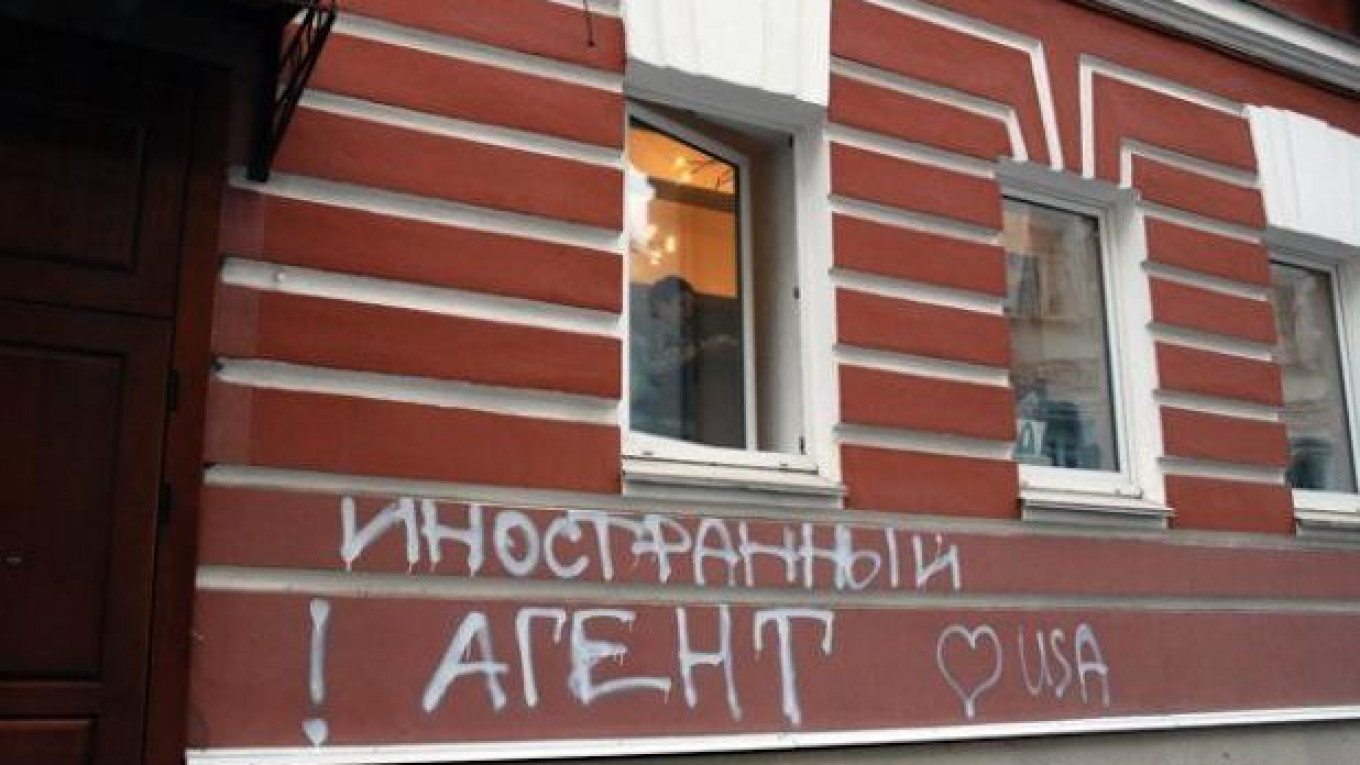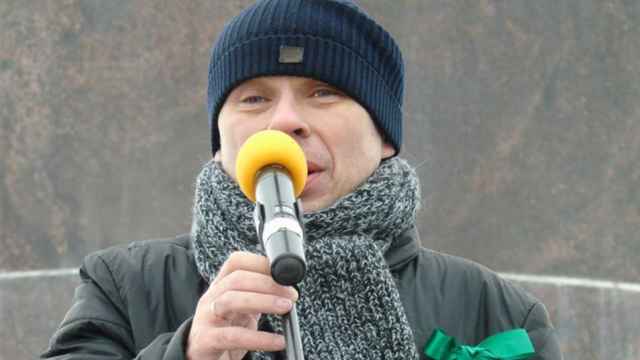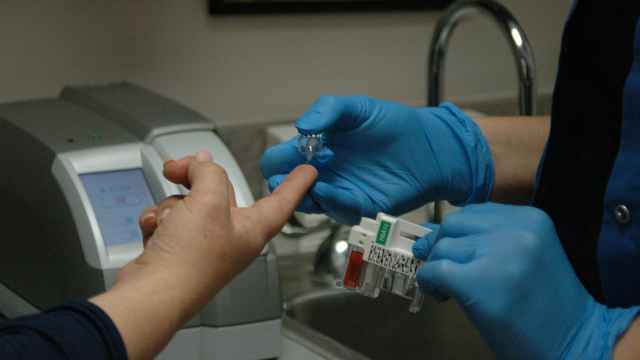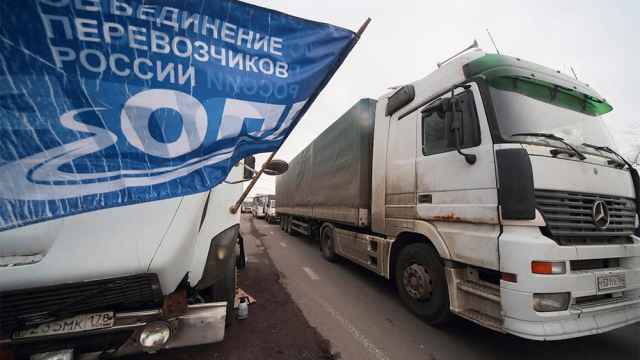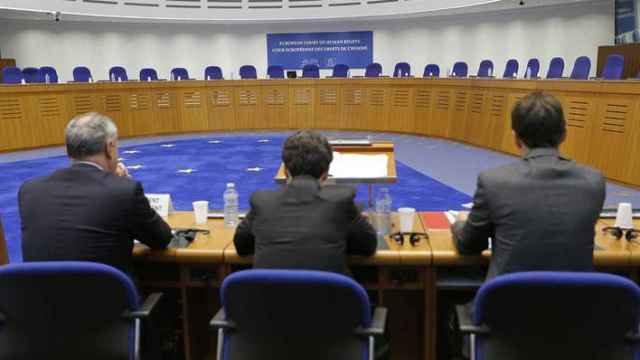Russia may drastically shrink its registry of “foreign agents” — non-governmental organizations (NGOs) that receive foreign funding and political activities, Russia's Kommersant newspaper reports.
The government will likely remove half of the organizations from the registry following an analysis of the law's application by a presidential administration working group.
More than 50 NGOs have already been removed from the registry and 33 more “have grounds to request the Justice Ministry remove them,” Mikhail Fedotov, head of the Presidential Human Rights Council (PHRC), told the Kommersant daily.
In January, Russian President Vladimir Putin ordered the administration to analyze the foreign agent's law by March 30. Since its enactment in July 2012, the controversial law has crippled many NGOs, forcing them to forgo foreign funding or endure frequent inspections and a stigmatizing label.
The law has also faced criticism for its imprecise phrasing. In 2015, Putin ordered the presidential administration working group to clarify the meaning of “political activity” in the law. The working group fulfilled that order, but “purely on a formal level. The real problems only got worse,” Fedotov said. The latest analysis aims to correct some of the problems.
However, it is already facing criticism. Many well-known NGOs that no longer receive foreign funding did not make it into the list of 33 candidates for removal from the registry, Ilya Shablinsky, a member of the PHRC presidium told Kommersant. Instead, the Justice Ministry is “trying in every possible way not to remove them,” he added.
Shablinsky cites the Golos election monitoring organization, which no longer receives foreign funding, as an example. One of its employees recently traveled to a conference in Lithuania and the conference organizers covered some of his expenses. The Justice Ministry subsequently described this as foreign funding.
Fedotov also admits there are problems. Although the list of “foreign agents” has decreased from 150 to 100 since the end of 2016, the organizations still remain on the registry — but with a note that the NGO had ceased to be a “foreign agent.”
The PHRC will discuss the results of the administration's analysis with Sergei Kiriyenko, the president's deputy chief-of-staff, in the near future. The council has frequently suggested altering the law, but this idea has found little support in the presidential administration.
“Previous attempts [to change the law] have had the opposite effect: The law only got worse,” Fedotov said.
A Message from The Moscow Times:
Dear readers,
We are facing unprecedented challenges. Russia's Prosecutor General's Office has designated The Moscow Times as an "undesirable" organization, criminalizing our work and putting our staff at risk of prosecution. This follows our earlier unjust labeling as a "foreign agent."
These actions are direct attempts to silence independent journalism in Russia. The authorities claim our work "discredits the decisions of the Russian leadership." We see things differently: we strive to provide accurate, unbiased reporting on Russia.
We, the journalists of The Moscow Times, refuse to be silenced. But to continue our work, we need your help.
Your support, no matter how small, makes a world of difference. If you can, please support us monthly starting from just $2. It's quick to set up, and every contribution makes a significant impact.
By supporting The Moscow Times, you're defending open, independent journalism in the face of repression. Thank you for standing with us.
Remind me later.


